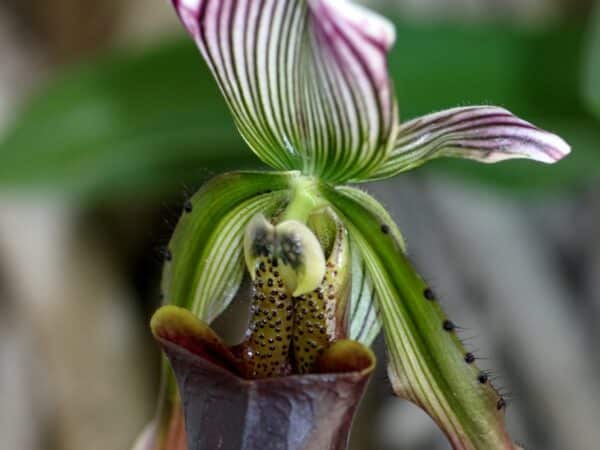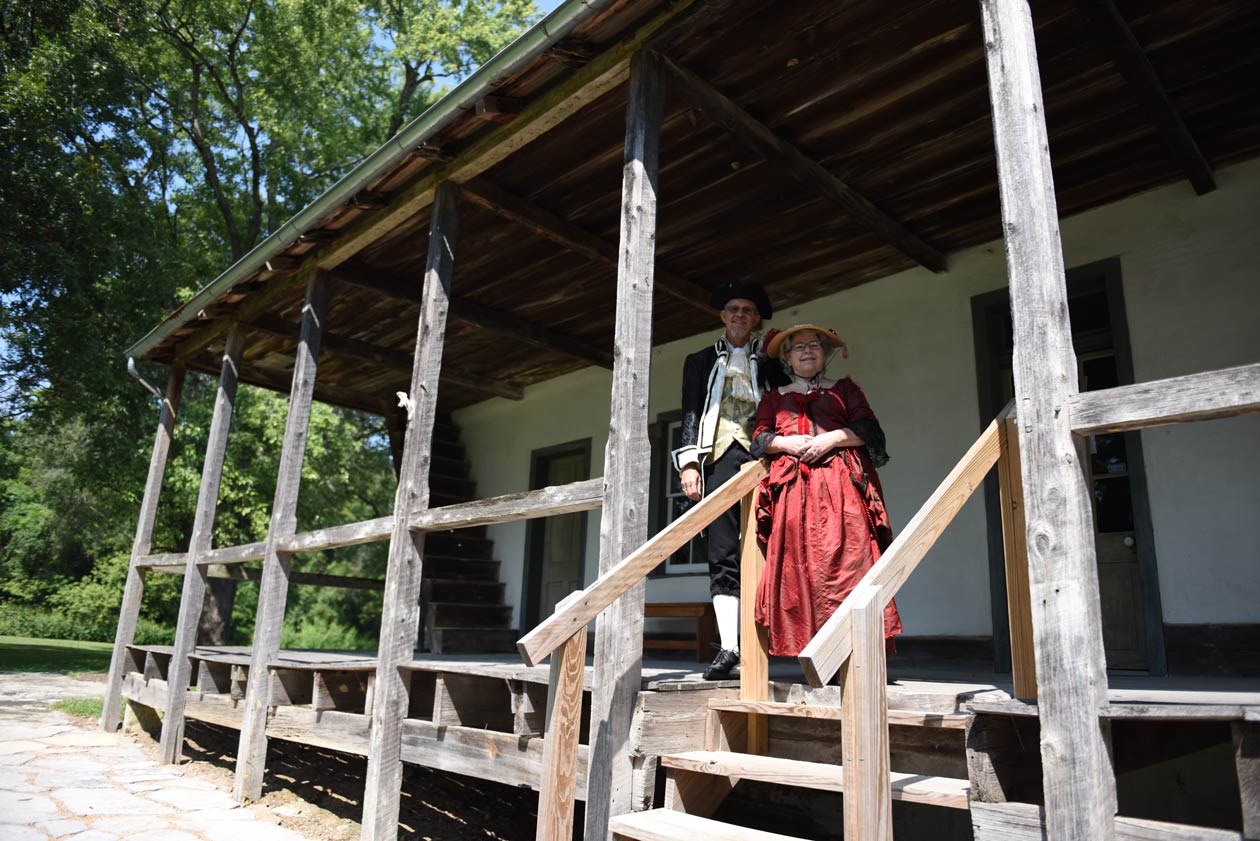Talk about flower power! There was a floral fixation that occurred during the Victorian era. It prompted people in England to start collecting one particular plant in a fierce frenzy. This huge horticultural hysteria was even given its own special name.

You won’t want to miss this event orchid-strated by Powell Gardens in Kingsville, Mo. The garden’s annual “Orchid Delirium” will kick off its spring season and give visitors a chance to view hundreds of rotating blooms from its 2000-piece orchid and tropical collections. Whether you’re obsessed with orchids – or just enjoy beautiful blooms in general – this is an event worth attending.
The exhibit’s named for an actual historical occurrence – treated more like a medical condition – labeled “Orchidelirum” that occurred in the 1800s. The term was coined for a trend that swept through Victorian England. It was so widespread that England’s Kew Gardens continues to work to this day to prevent the extinction of rare and exotic orchids. Orchidelirium was very similar to the “Tulipmania” that captivated Holland at one point. Interestingly, Orchedelirum is still occurring today, but not to the extent of that time.
Here’s what happened: At the time, many members of the English upper class became obsessed with orchids. While this “condition” led to a greater interest in and popularity of gardening, the zeal for collecting the prized plants became so intense that people did whatever they could to own the most coveted varieties.
What made orchidelirium such an obsession at the time was that the sought-after plants weren’t meant to be grown in England. The country’s cold and temperate weather is not suitable for flowers natural to South America. But because the rich could afford to collect orchids, the plants soon became a badge of royalty and privilege.
According to scientists at the Smithsonian Environmental Research Center, William Swainson, a biologist, shipped some orchids to Europe, where people were enthralled by the plant.
The reason? Acquiring an orchid and keeping it alive, and getting that orchid to reproduce were two very different things. The wealthy had the means to purchase and care for the plants, therefore, the more orchid-filled greenhouses and nurseries a person had, the more wealthy and upper-class they were seen to be.
Wealthy orchid collectors would hire gatherers to scour the globe and secure rare species of orchids and bring them back to England. There were also “free agent orchid hunters” who would spend months abroad collecting every orchid they could find just to bring them to auctions and make a fortune.
The rare ghost orchid, Dendrophylax Lindenii, was found in Cuba and the everglades of South Florida. The moth orchid, Phalaenopsis Amabilis, was sought after because it was easy to cross-breed with other species to create hybrids.
Due to this historic hysteria, some orchid varieties are endangered today. Orchidelirium and the intense hunger for the rarest blooms devastated the native orchid population in many places. There are still areas in Central and South America where the natural population of orchids has never recovered from orchid hunting from the Victorian era.
There are currently about 27,000 different orchid species that exist. The number grows each year, as hybrids are produced and added to the taxonomic family. Only one percent of orchid species can be found in Europe – a large majority of wild orchid species grow in the tropics and subtropics.
International trading of orchids harvested from the wild was banned by the Convention on International Trade in Endangered Species of Wild Fauna and Flora starting in 1973. But people today are still willing to take risks or spend extravagantly to obtain the rare ghost orchid. And even though orchid hunting is illegal, smuggling still happens. Such is the powerful attraction of these exotic Dendritic delights.
Orchid you not! This spectacular show is worth a look.
Powell Gardens is open Wednesday-Sunday, 9 am -5 pm during Orchid Delirium. Purchase tickets online at powellgardens.org/orchid.
For hundreds more events, visit Missouri Life’s Event Calendar.
Related Posts
Chillicothe Rallies to Save a Historic Church
Here's how citizens of Chillicothe came together to save a historic church that was built in 1868.
Ste. Genevieve to Become a National Historic Park
Ste. Genevieve was established in 1735 by French-Canadian colonists. It was the first ever settlement by Europeans in Missouri.



